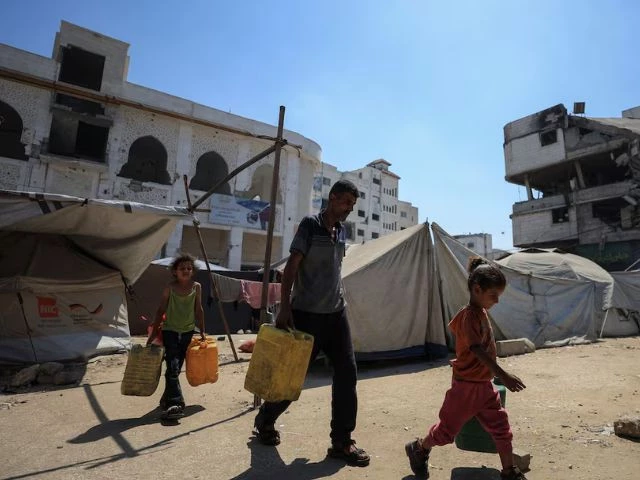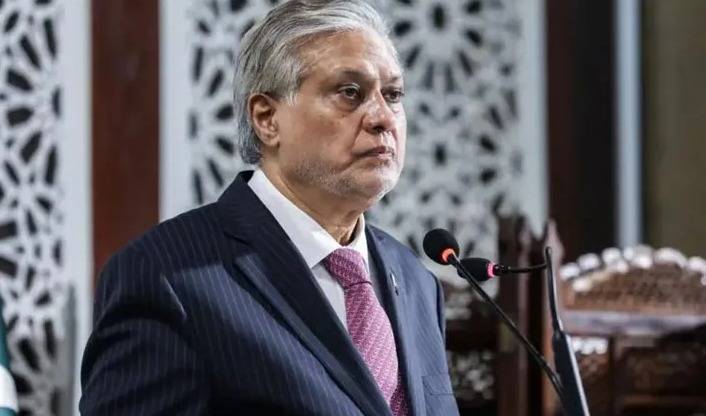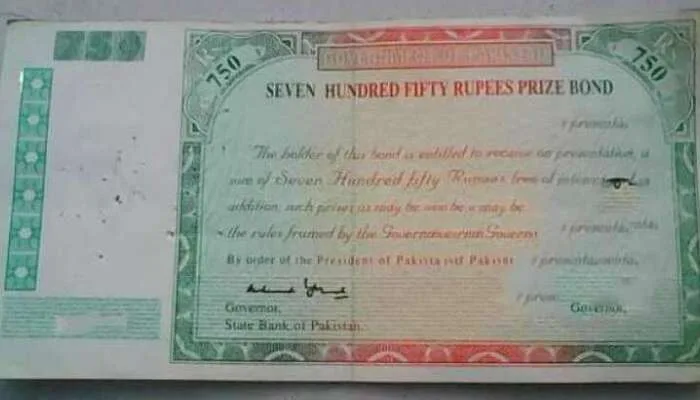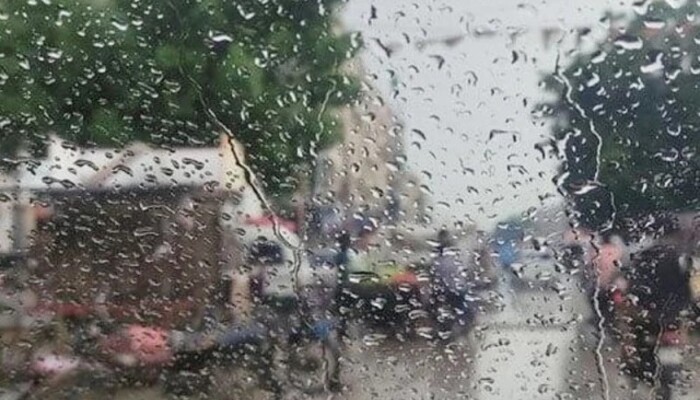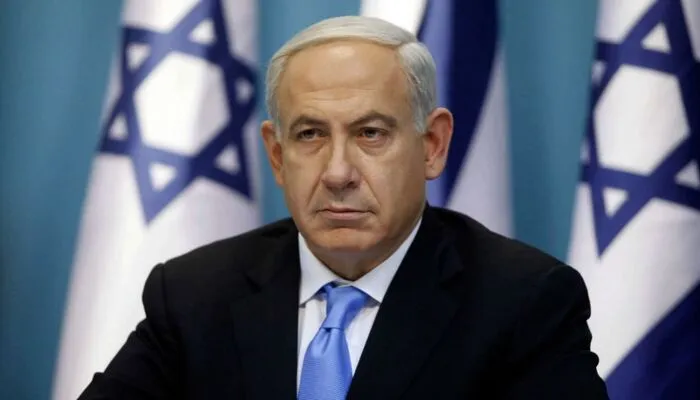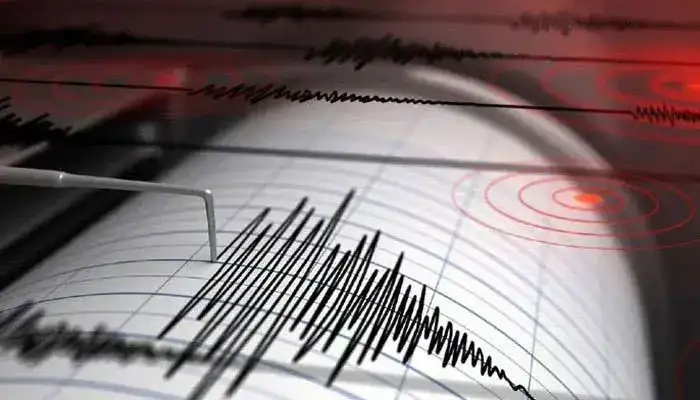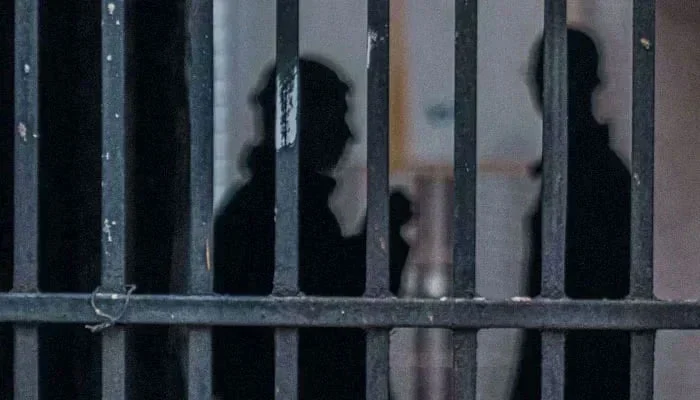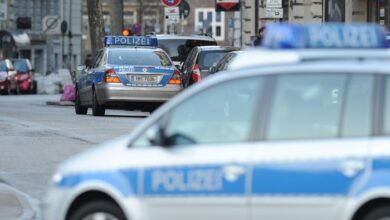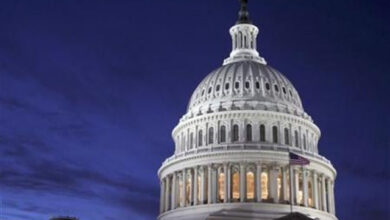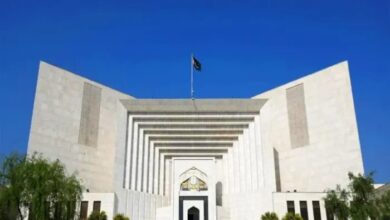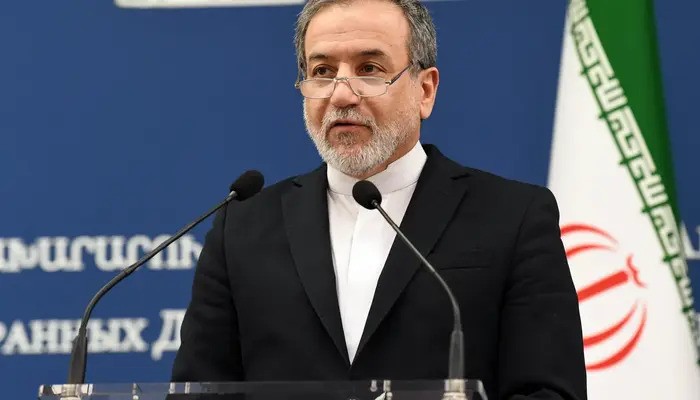
DUBAI – Iran has announced it will continue cooperating with the United Nations’ nuclear watchdog, but under new restrictions following last month’s joint Israeli and US bombing campaign targeting its nuclear facilities. Foreign Minister Abbas Araqchi, addressing diplomats in Tehran on Saturday, clarified that Iran’s cooperation with the International Atomic Energy Agency (IAEA) will now be regulated by the Supreme National Security Council.
Araqchi emphasized the security and safety concerns surrounding the inspection of bombed sites. “The risk of spreading radioactive materials and the risk of exploding leftover munitions are serious,” state media quoted him as saying. “For us, IAEA inspectors approaching nuclear sites has both a security aspect and a safety issue.”
The statement comes after Iran’s parliament passed new legislation mandating that any future IAEA inspections receive approval from the country’s highest security body. While cooperation has not ended, Araqchi stated that it will now proceed on a case-by-case basis, with each request by the IAEA reviewed for security clearance.
Iran Draws Red Line on Uranium Enrichment and Defense Talks
Araqchi reiterated Iran’s long-standing stance: uranium enrichment is non-negotiable. He warned that Tehran will reject any nuclear deal that restricts its right to enrich uranium, a key sticking point in previous negotiations.
“We will not accept any agreement that denies our sovereign right to enrichment,” Araqchi told IRNA. “Our nuclear programme remains peaceful, and we refuse to link it with our missile or defense capabilities.”
The Iranian foreign minister also dismissed reports claiming Russian President Vladimir Putin had privately suggested Tehran abandon uranium enrichment. Iranian state outlet Tasnim cited an “informed source” denying any such message was conveyed by Putin. The clarification came in response to an Axios report suggesting the Russian leader had floated a compromise to help revive stalled nuclear talks.
Araqchi insisted that any renewed negotiations with the United States must include guarantees that Washington would not use military action again. “We are in no hurry to enter into unconsidered negotiations,” he said, calling for careful review and firm assurances.
More Killed in Israeli Strikes as ‘Humanitarian City’ Plan Sparks Outrage
Tensions Rise Over Potential European ‘Snapback’ Sanctions
As Iran attempts to reassert control over its nuclear file, tension with European powers is escalating. Araqchi warned Britain, France, and Germany against invoking the “snapback” mechanism that would reimpose international sanctions under the 2015 nuclear deal framework.
Under the U.N. Security Council resolution tied to the now-weakened Joint Comprehensive Plan of Action (JCPOA), the European signatories can reapply sanctions if they believe Iran is in violation. The deadline for that decision is October 18, 2025.
Araqchi called any move to trigger snapback sanctions a direct threat to diplomacy. “If Europe moves forward with this, it will end its role in Iran’s nuclear issue,” he stated. The comment signals Iran’s growing frustration with what it views as Western double standards—criticizing Tehran’s response to attacks while ignoring the Israeli and US air strikes that provoked it.
The Israeli and American strikes in June targeted Iran’s nuclear infrastructure, citing intelligence suggesting a secret push toward weaponization. Iran continues to deny those allegations, insisting its programme remains focused on peaceful energy and medical research.
Now, with heightened scrutiny from the IAEA and increased political pressure from Western capitals, Iran appears determined to control the narrative. But with growing mistrust and conflicting reports from global powers, the path to a new nuclear agreement remains murky—and potentially volatile.
Follow us on Instagram, YouTube, Facebook,, X and TikTok for latest updates



